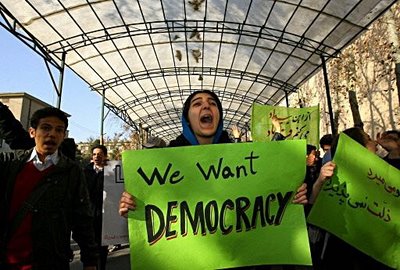Reports are hitting the media about draft amendments to international whaling rules that are meant to bring Japan, and other whaling nations, back under the rule of the International Whaling Commission. The amendments in effect will allow nations that are already killing whales to keep on doing so with the approval of the IWC, provided that they limit the numbers of whales they catch. The exact limits are yet to be decided, and of course will only apply if the draft amendments pass.
The legal structure is this:
The International Whaling Commission is established under the International Convention for the Regulation of Whaling. There is a Schedule to the Convention – that Schedule is where the current rules about whaling are written down.
The draft amendments were written by the Support Group to the “Small Working Group” of the IWC. The “Small Working Group” meets from March 2-4 2010 in Florida, where the changes will be discussed. The exact changes that are proposed can be downloaded here (pdf file). The Small Working Group’s report will be discussed at the 2010 Annual Meeting of the IWC to be held in Morocco from May 27 – June 25 2010. The full Annual Meeting would need to approve any changes to the Schedule.
The proposed changes add a new chapter to the Schedule, Chapter VII. While the ban on commercial whaling in Chapter III of the Convention is not explicitly overturned, the proposed Chapter VII will allow whaling by countries that caught whales in 2009. The key is the proposal for paragraph 33:
In order to improve the conservation of whales, the number of whales taken for each of the years indicated above shall not exceed the catch limits shown in Table 4.
[Table 4 hasn’t had figures added yet – presumably these figures will be negotiated if and when the IWC meeting next week agrees to the general principles in the draft plan]
No Contracting Government will unilaterally authorize any whaling in excess of the limits shown in Table 4 or outside the provisions of chapter VII.
[Meaning that countries agree to no longer carry out “scientific whaling”, which is carried out under Article VIII of the Convention]
If the results of the established management procedures indicate that a catch limit should be lower than the number in Table 4, or if there is a significant event that negatively affects the status of any population, the Commission shall reduce the number of whales taken for each subsequent whaling season during the currency of this chapter, in accordance with the advice of the Scientific Committee.
Catches from the stocks included in Table 4 shall not be authorized by Contracting Governments that did not authorize whaling operations in those areas in 2009.
[So only countries that caught whales in 2009 will be able to catch whales under the new quotas]
Table 4 allows whaling to happen in the Southern Ocean. The Australian Government has rejected this already, and issued a counter-proposal which calls for whaling to end in the Southern Ocean in five years’ time.
It seems that the proposed changes to the Schedule are a temporary fix. The changes are planned to end in 2020 and the Report containing the changes says:
This would provide a period of stability during which the Commission will be able to undertake a review of other matters and further work on the reform of the organisation. These matters would include, inter alia, research under special permit [that is, “scientific” whaling], the commercial whaling moratorium and objections and reservations.
If this plan ends the ridiculous hypocrisy that is “scientific” whaling, so much the better. There is no reason that whales should be treated any differently to any other resource. Whales should be managed properly, so they aren’t recklessly driven extinct, but there’s no good moral reason to privilege the “rights” of whales over the right of humans to hunt them.


Recent Comments